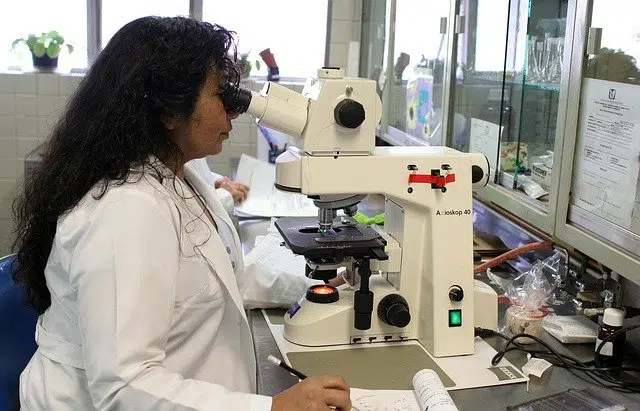
When an expert in a certain science plans the development of research, he carries out a scientific project.
The set of plans, ideas and actions that must be developed in a coordinated manner to achieve a goal is called a project . Scientific , on the other hand, is an adjective that mentions what is linked to science (the grouping of methods, procedures and techniques to generate objective knowledge).
These two definitions bring us closer to the notion of a scientific project , which involves an organization of guidelines for the production of scientific knowledge. When a specialist in a certain science plans to carry out research , he generates a scientific project.
Types of scientific project
It is important to know that when we talk about a scientific project we have to take into account that it can be of various types. Thus, experts in the field establish that this is divided into the following modalities:
-Evaluation project.
-Technological development project.
-Action research project.
-Intervention project.
-Research project.

A scientific project can be research, intervention or of another kind.
Work guidelines
What the scientific project does is establish work guidelines . In it, the scientist will present his hypothesis and detail what steps he will follow to prove it. As you progress with your work , you will need to record your findings so that other specialists will be in a position to collate and validate your findings.
Let's take the case of a researcher who, faced with environmental pollution, proposes to develop a new type of vehicle that does not use fossil fuels and is therefore friendly to the planet. This researcher, in this way, develops a scientific project to design a car that moves thanks to solar energy .
Scientific projects are developed from the application of the scientific method , which indicates the steps to follow to produce scientific knowledge. The expert must identify a problem (in our previous example, the pollution produced by traditional vehicles), propose a solution (the creation of a new vehicle that does not pollute), check the validity of his proposal (if the vehicle he devised works, it does not pollute, it is safe, etc.) and present its conclusions.
Scientific projects in education
Within the educational field, the term scientific project takes on special importance. And the fact is that, because participation and action are increasingly encouraged in classrooms over rote study, many teachers are committed to having their students develop work of this type in order to learn, through practice, a subject or topic in question.
Thus, in schools, institutes or universities, students are put on the table to carry out their own scientific projects. In this case, the teachers establish the necessary steps that they must take to undertake these works or investigations:
1-Definition of a problem in question.
2-Preparation of the information that is known regarding what was stated in point 1.
3-Creation of hypotheses.
4-Establishment of aspects that are unknown about the matter.
5-Search and compilation of useful information, as well as exhaustive analysis of it.
6-Design of experimental work that gives the opportunity to confirm or refute the established hypotheses.
7-Performance of the aforementioned work.
8-Analysis of all the results obtained as well as the observations that may have been obtained.
9-Preparation of conclusions and writing of the relevant report.
